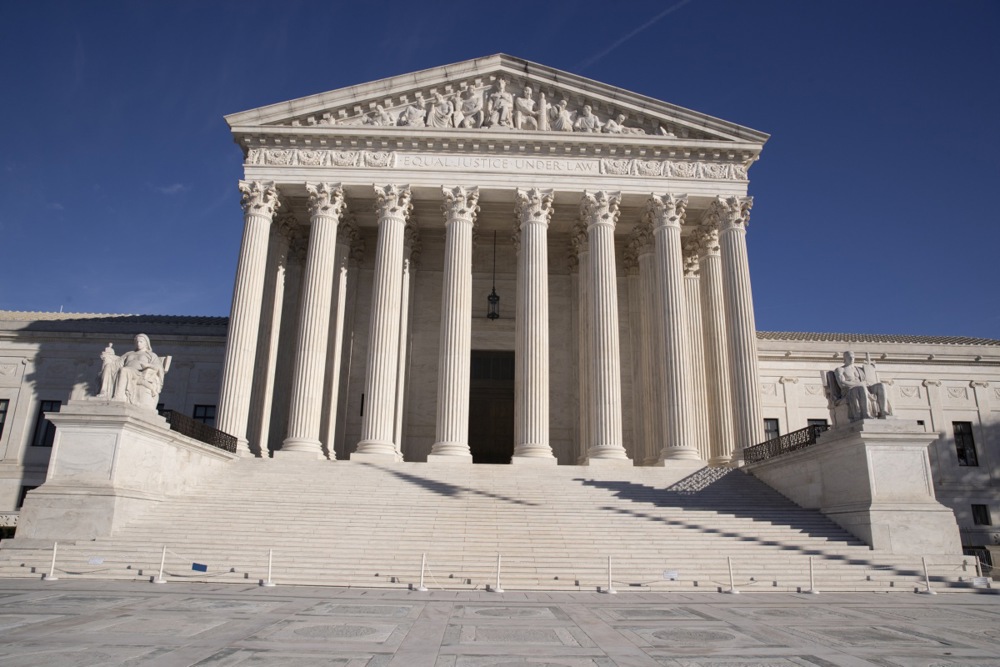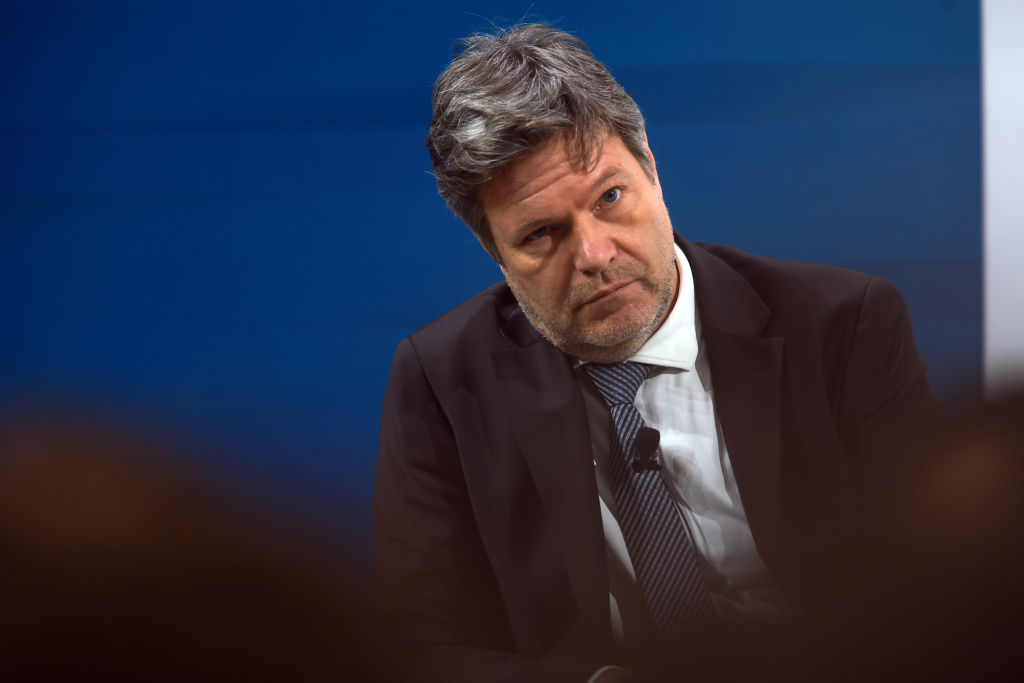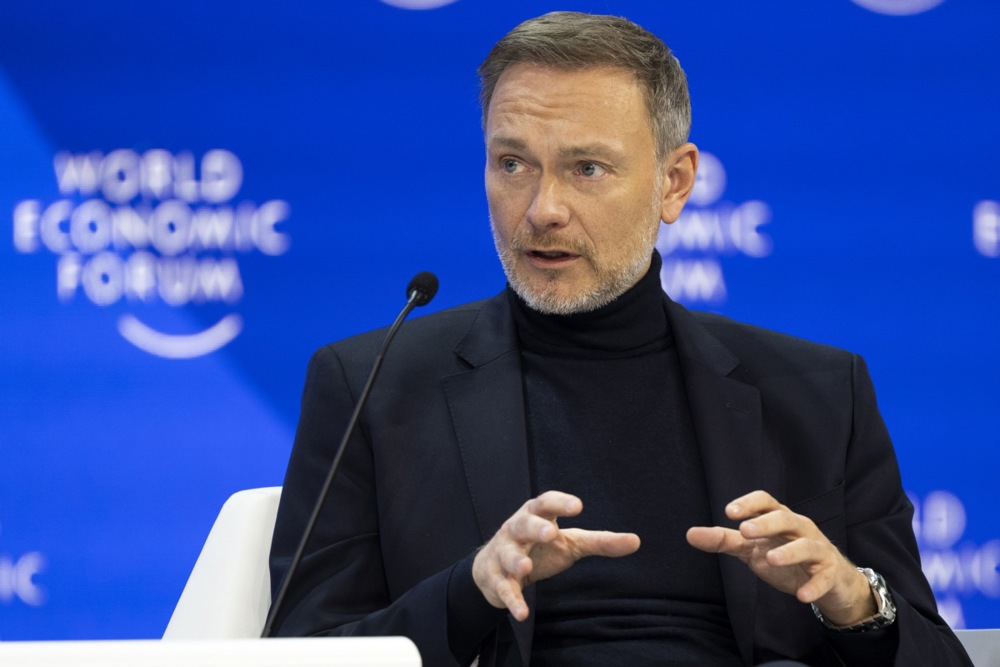Despite widespread media reports to the contrary, the reelection of Donald Trump might be the most desirable outcome for Ukraine in the upcoming US presidential elections.
Although Joe Biden made support for Ukraine a key theme in his most recent State of the Union address, neither he nor his administration have offered a cohesive strategy to bring the war to an end.
The people of Ukraine remain committed to the defence of their homeland, but even there some war fatigue is beginning to set in, and support for the maximalist goals – meaning the reconquest of all territory lost to Moscow since 2014 – has dropped from 70 to 60 per cent.
Similarly, Ukraine’s Western allies are sending mixed signals, with some continuing their support in word and deed, like Poland, the Baltic States, and the Czech Republic, while others show shrinking commitments like Hungary and Slovakia, or are ambiguous in their level of support, like Germany and France.
Yet the divisions within the Western alliance are growing. Macron’s suggestion to send Western troops was firmly rebuffed by Germany and other NATO members.
Even though Polish Prime Minister Donald Tusk is preparing his people for a “pre-war era,” only 17 per cent of Poles believe that Ukraine can still win the war. There is growing anxiety about the influx of Ukrainian refugees and ongoing issues with cheap Ukrainian agricultural imports that are an economic threat to Polish farmers.
The longer the war rages on, the more heated the debates about continued support are becoming, with political parties critical of unconditional support for Ukraine – from the AfD in Germany to the FPÖ in Austria to Le Pen in France and the Republicans in the US – are gaining in the polls.
Joe Biden’s State of the Union notwithstanding, Congress is becoming increasingly reluctant to prove support for Kyiv’s war effort.
Donald Trump, however, does not fit in with any of the aforementioned parties, including his own Republican Party. The very qualities that he is most often criticised for could be the very qualities that could be needed to craft an exit strategy for all involved.
First and foremost, his outsized ego will be to the West’s advantage: Just like his announcement to move the American embassy in Israel from Tel Aviv to Jerusalem, Trump has made ending the war in Ukraine a personal issue. He made this clear during a speech in South Carolina: “The only president in the last five that hasn’t given Russia anything is a president known as Donald J. Trump.”
He then went on to accuse Joe Biden of being too soft on Russia. The idea – both on the political Right and the political Left – that Trump is a neo-Isolationist that will throw Ukraine under the bus is more a case of projection than of his actual political positions.
Listening to his most recent speeches, Trump’s plan is not to leave Ukraine to be swallowed by Russia, but to support them to such an extent that Putin will be forced to the negotiation table.
Similarly, he will also have to force the Ukrainians to participate in such negotiations, while allowing Volodymyr Zelenskyy to save face and credibility with his people. He cannot initiate or support peace talks that have been forced upon him by Moscow, but he can if the pushing force is Washington.
A second Trump administration will continue to press Western Europe to increase their defence spending, even under the threat of the US leaving the alliance. Ultimately, however this threat will not weaken NATO, but make it stronger – assuming that the majority of European member states will finally give up their approach of free riding on US largesse in defense matters.
A rearmed Europe will be in much better shape to guarantee the sovereignty of an independent post war Ukraine, even if there should be some expected territorial losses, like Crimea and parts of the Donbas.
There is an even bigger issues looming for Moscow: Putin’s war machine depends on the exports of energy and resources, and Trump’s approach in this matter is very clear.
Unleash the full potential of the US energy industry, mounting massive downward pressure on global oil and gas prices, thereby harming the Russian economy more than previous sanctions ever could.
Falling energy prices and rising European defence spending would make a wholesale annexation of Ukraine impossible, but unfortunately some incentives need to be provided to Russia as well.
This certainly is a bitter pill to swallow, but territorial concessions are more likely than unconditional surrender by Moscow, which some people still seem to be hoping for.
Western support is too slow and too small to make a reconquest of all lost territory a realistic option, something that was clearly demonstrated in the disappointing 2023 spring offensive.
Donald Trump, for all his flaws, has been seeing this more clearly than his competitors – and while it is easy to denounce him as a Putin stooge, at least his approach deals with the facts on the ground as they currently present themselves.






The essential unseriousness of Britain’s, indeed the whole of Europe’s, politicians is proven by the fact that they don’t take our defence seriously in these serious times